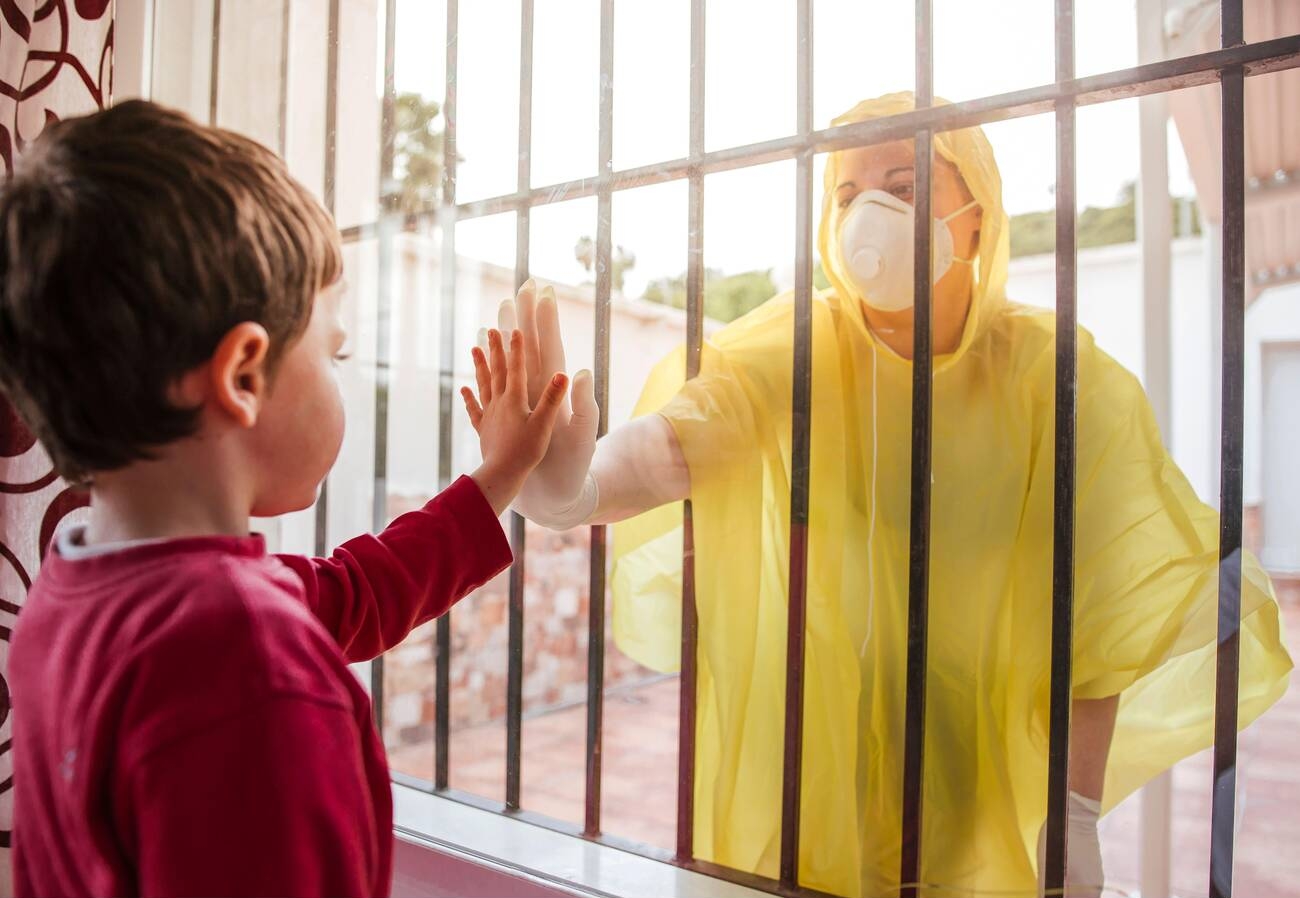Enhancing Quality of Life: The Advantage of Life Skills Programs for Teens and Young Adults with Autism and Learning Challenges
As society evolves, a growing emphasis is placed on inclusivity and equal opportunities for individuals across all spectrums of abilities. Among these, teenagers and young adults with autism and other learning challenges are gaining increased attention. Life skills programs aimed at these groups serve as vital tools to foster independence, improve quality of life, and bolster societal integration. These programs have been recognized for their profound impacts, both on the individuals they serve and on society as a whole.
1. Promoting Independence
The primary objective of life skills programs is to encourage autonomy in individuals with autism and learning challenges. Often, these programs focus on practical competencies such as cooking, cleaning, managing finances, and utilizing public transportation. As teens and young adults acquire these skills, their dependence on caretakers reduces, and they gain the confidence to navigate the world independently. This freedom can greatly contribute to their overall happiness and wellbeing.
2. Social Skill Development
A significant portion of life skills programs for young individuals with autism and learning challenges revolves around social skills training. The aim is to help participants understand social norms, manage relationships, and effectively communicate their thoughts and emotions. This element of training is crucial, as it reduces the likelihood of social isolation, encourages meaningful relationships, and enhances their ability to participate actively in community life.
3. Employment Readiness
Life skills programs often incorporate vocational training, which helps young people with autism and learning challenges prepare for the world of work. This includes teaching them how to write resumes, perform well in job interviews, manage time efficiently, and cooperate with colleagues. With these skills, they are better equipped to join the workforce and contribute to society.
4. Self-esteem and Confidence
As individuals with autism and learning challenges master new skills, they experience a natural boost in their self-esteem and confidence. This growth can have ripple effects on many other aspects of their lives, leading to improvements in mental health, personal relationships, and overall life satisfaction.
5. Healthy Lifestyle Habits
Life skills programs teach essential habits that contribute to a healthy lifestyle, such as nutrition, exercise, and personal hygiene. These skills not only improve the physical health of individuals with autism and learning challenges but also increase their awareness about maintaining good health.
6. Community Integration
By facilitating skill acquisition, life skills programs also encourage community integration. These programs empower individuals with autism and learning challenges to be active contributors to their communities, thereby promoting inclusion and diversity.
It is clear that life skills programs have tremendous advantages for teens and young adults with autism and learning challenges. They offer a structured way to develop necessary skills for a healthy, independent, and satisfying life. The benefits extend beyond the individuals involved, fostering a society that values and embraces differences. These programs, therefore, are not only life-changing for the participants but also play a crucial role in cultivating a more inclusive and compassionate society
About Author:
Sulaiman Amhaz is a dedicated and accomplished professional in the field of psychology, specializing in counseling, behavioral therapy, and life skills training for young adults with autism and other learning difficulties. With a Bachelor of Science degree in psychology with honors and over 11 years of experience in the field , Sulaiman brings a wealth of knowledge and expertise to his work.
As a registered behavior therapist and an advanced certified autism specialist, Sulaiman has successfully worked with individuals across various age groups, ranging from early intervention to adulthood, each with their unique set of challenges. He has particularly excelled in his role as a case manager, overseeing and managing cases within behavioral analysis departments. Additionally, Sulaiman has played a pivotal role in establishing vocational training and transitioning programs in numerous centers in Dubai, providing vital support to young adults on their journey towards independence.
Throughout his career, Sulaiman has collaborated closely with counselors and child psychologists, working alongside them to mediate and support children and young adults facing diverse challenges. He is deeply committed to empowering individuals to develop social communication skills, emotional regulation skills through mindfulness techniques, and living independent skills, all while fostering community awareness.
Author
Sulaiman Amhaz
- Head of the life skills program at Camali clinic





